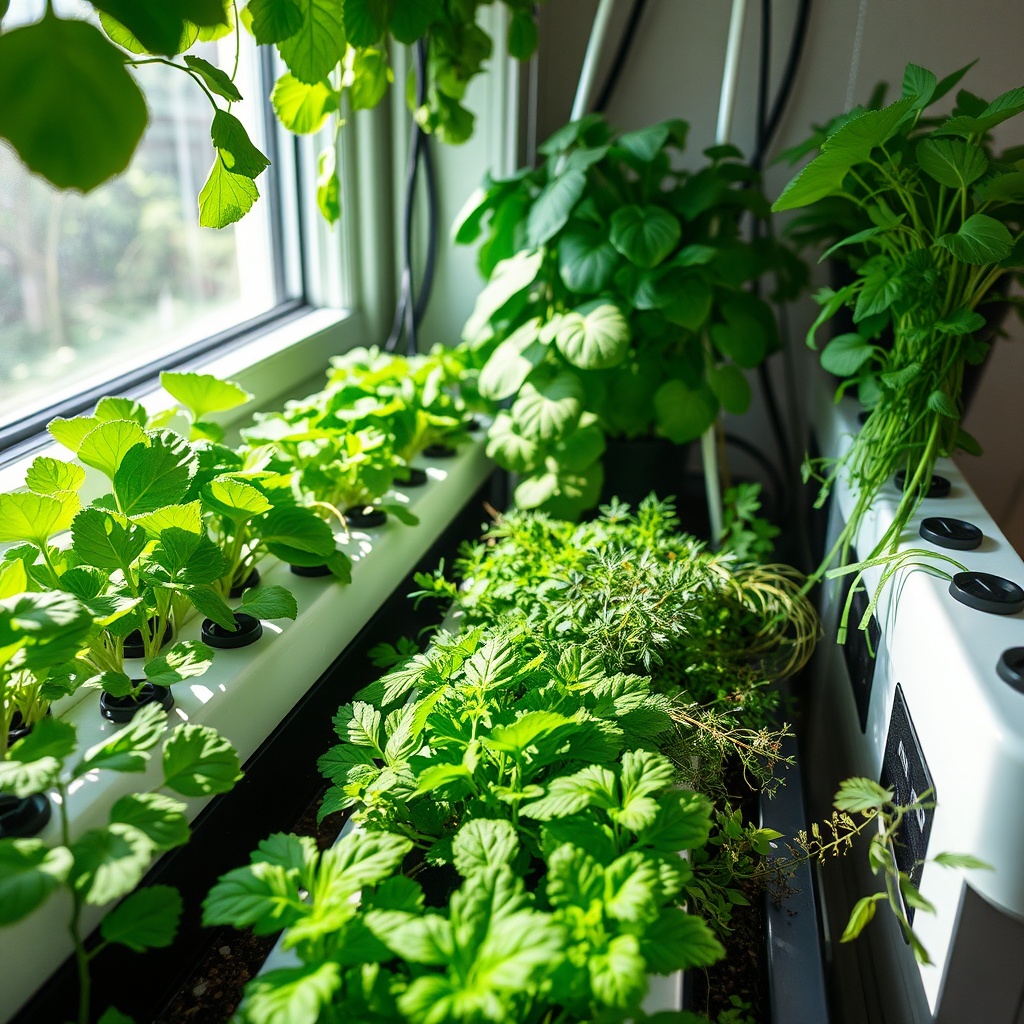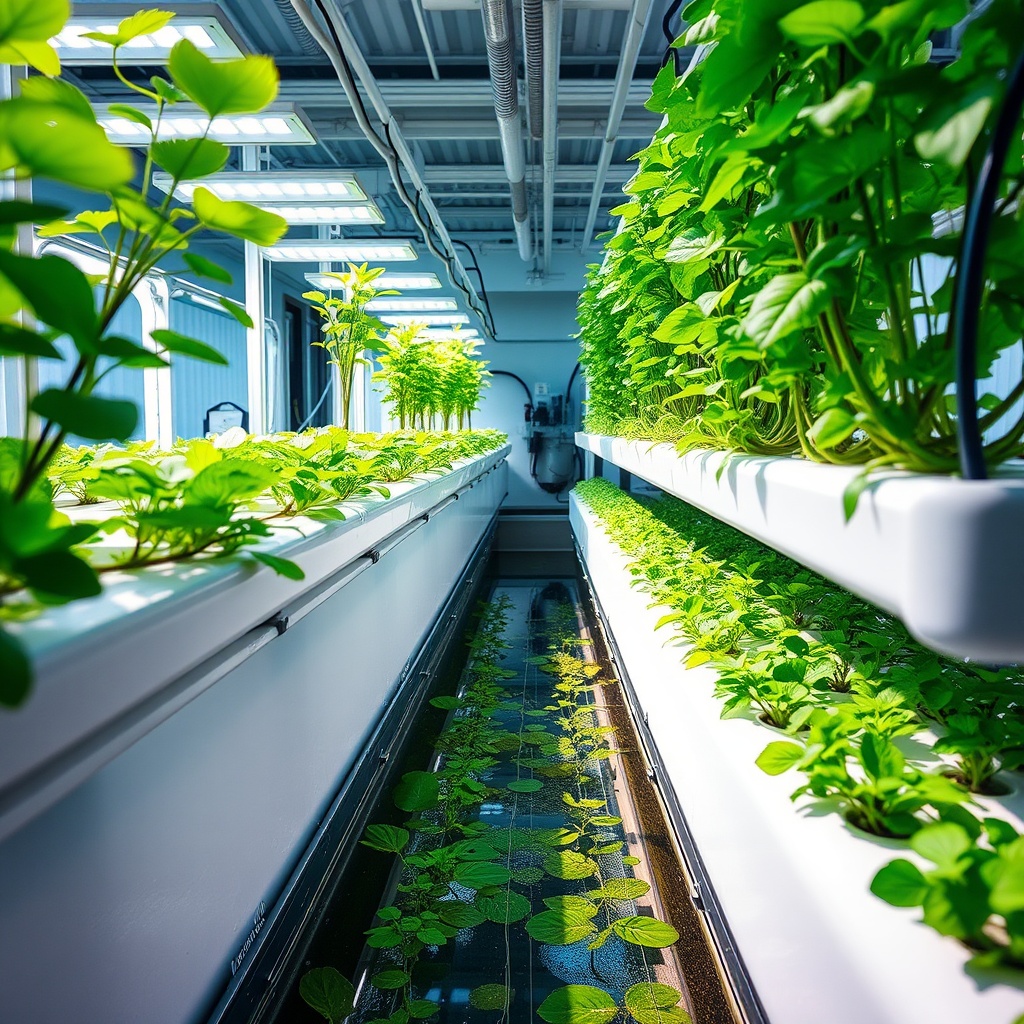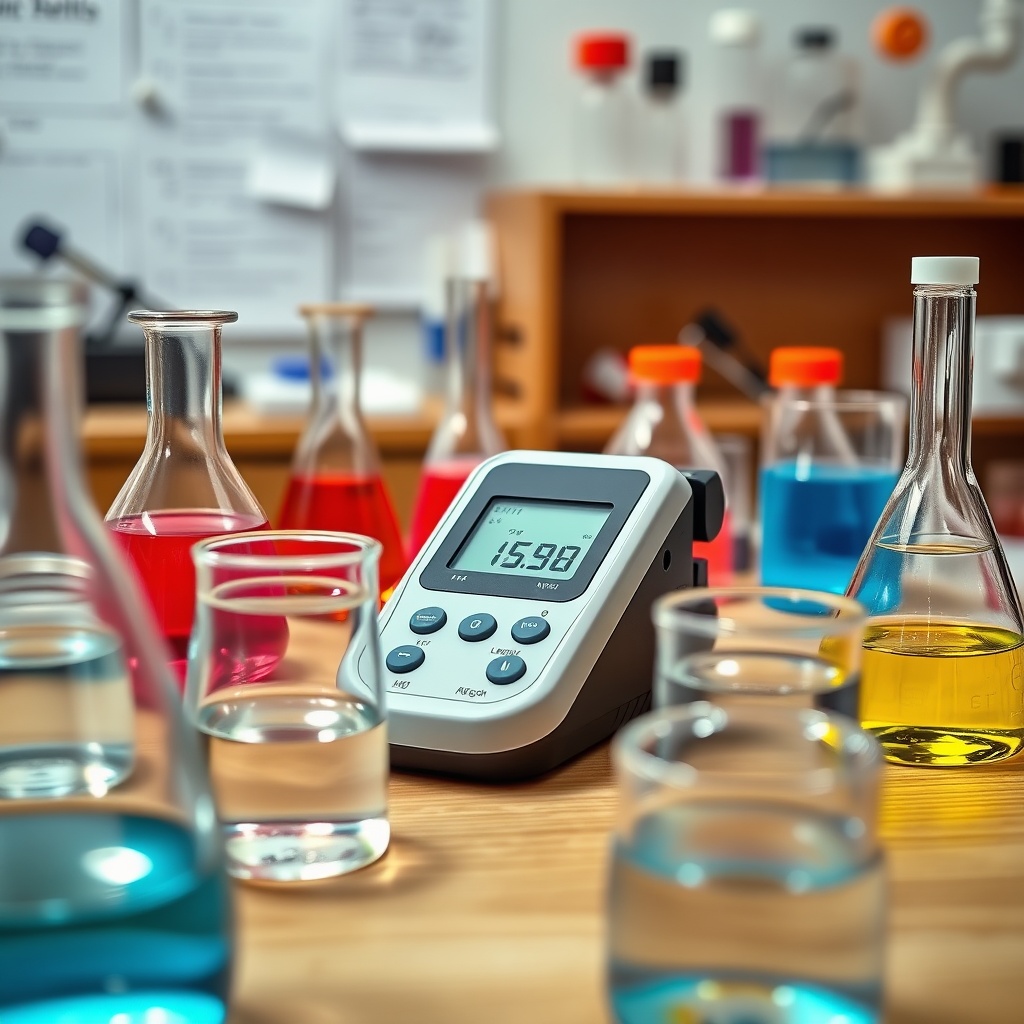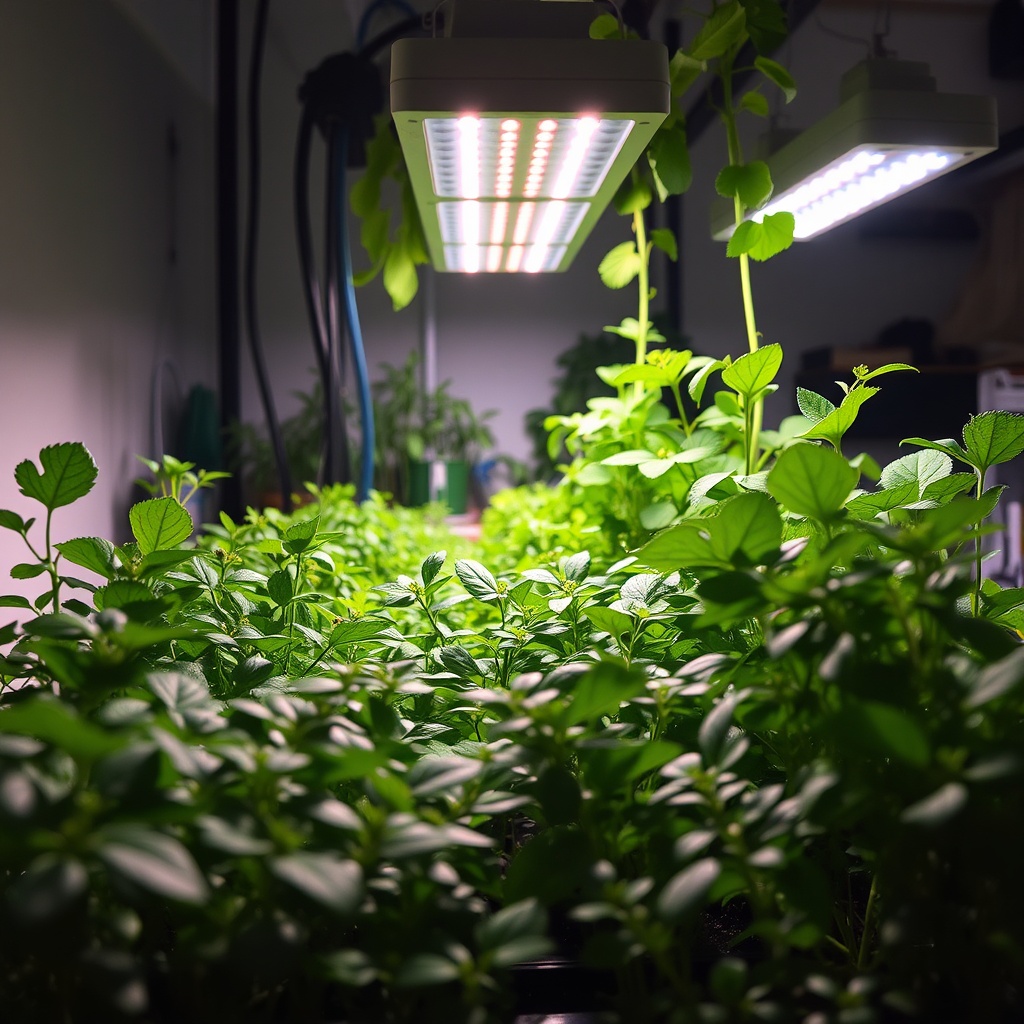What is Hydroponics?
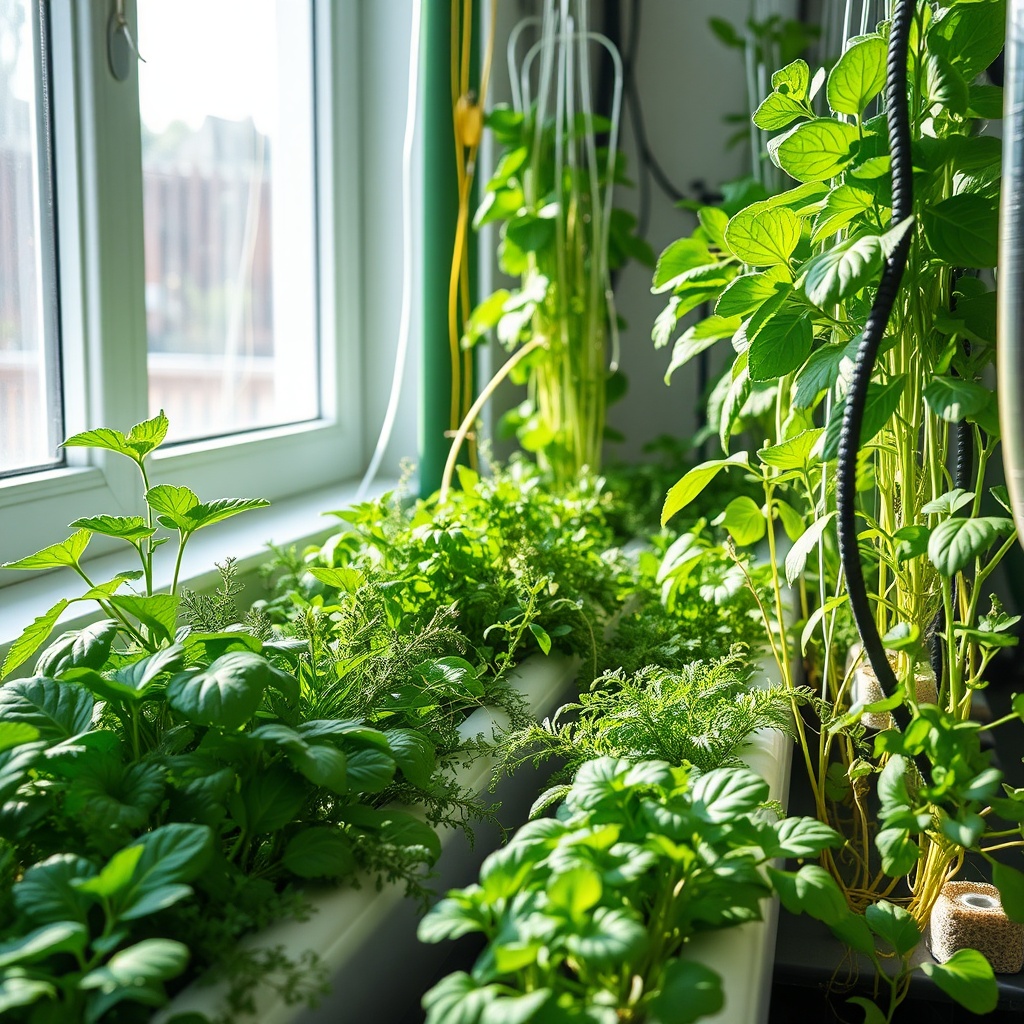
In a world where traditional farming faces challenges such as soil degradation and limited arable land, hydroponics emerges as a beacon of innovation. This soil-less gardening technique not only conserves water but also allows for year-round crop production, making it an attractive option for urban dwellers and commercial growers alike. But what exactly is hydroponics, and how does it work? Let’s dive deeper into this fascinating method of cultivation.
The Science Behind Soil-Free Growth
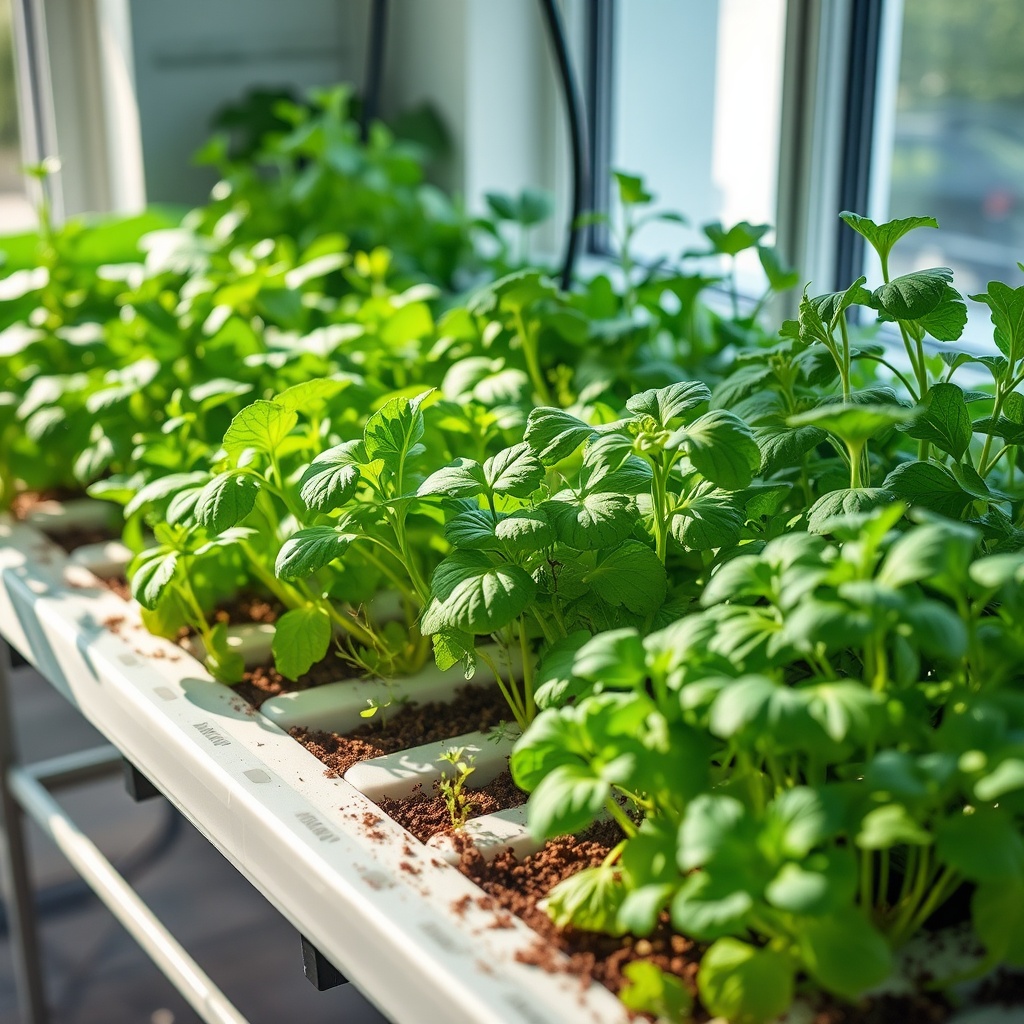
At its core, hydroponics involves growing plants in nutrient-rich water instead of soil. This method allows plants to absorb nutrients directly, leading to faster growth rates and higher yields. Hydroponic systems can be tailored to various environments, making them suitable for everything from small home gardens to large-scale agricultural operations. The versatility of hydroponics is truly remarkable, but it’s essential to understand the different systems available and their unique advantages.
- Deep Water Culture (DWC): Roots are suspended in a nutrient solution, allowing for excellent oxygenation.
- Nutrient Film Technique (NFT): A thin film of nutrient solution flows over the roots, providing a continuous supply of nutrients.
- Drip Systems: Nutrient solution is dripped onto the roots, ensuring optimal moisture levels.
- Wicking Systems: Uses capillary action to draw nutrient solution to the roots.
- Aeroponics: Roots hang in the air and are misted with nutrient solution, promoting rapid growth.
Each of these systems has its benefits, and the choice often depends on the specific needs of the grower and the types of plants being cultivated.
Benefits of Hydroponic Gardening
The allure of hydroponics extends beyond just efficient growth. This innovative gardening method offers numerous advantages that can appeal to both novice gardeners and seasoned agricultural professionals. Here are a few standout benefits:
- Space Efficiency: Hydroponics can be practiced in limited spaces, making it perfect for urban environments.
- Water Conservation: Hydroponic systems use significantly less water than traditional farming methods.
- Pest and Disease Control: Growing indoors can reduce exposure to pests and diseases, minimizing the need for chemical pesticides.
- Faster Growth Rates: Plants often grow 30-50% faster in hydroponic systems compared to soil.
- Year-Round Production: Controlled environments enable consistent crop production regardless of seasonal changes.
As the world increasingly turns to sustainable practices, hydroponics is positioned to play a crucial role in the future of food production.

